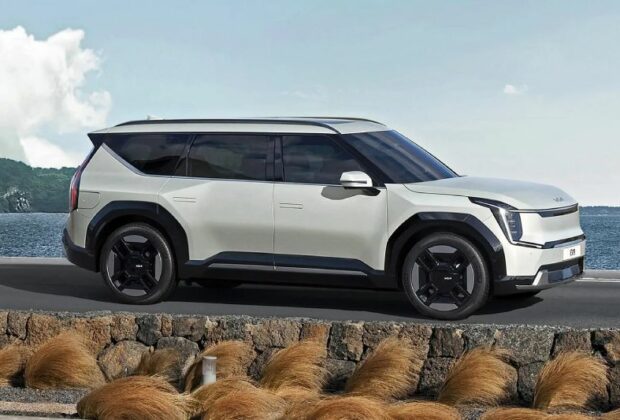Two new electric vehicle (EV) concept cars from Toyota have been shown off; the production models will go on sale in the next two years.
The company’s first and only fully electric model now available for purchase, the bZ4X, and the Compact SUV concept Toyota unveiled last year are followed by the Urban SUV and Sport Crossover concepts.
An almost completed model for a 2024 release in “what’s expected to become one of Europe’s largest BEV market segments” is showcased in the Urban SUV concept.
According to Toyota, the vehicle would have a “genuine” SUV appearance and use elements from the popular hybrid electric Toyota Yaris Cross.
“In addition to the all-wheel drive option, which is a crucial component of Toyota vehicles, buyers will also have two battery alternatives, to meet their driving range or budget requirements.”
Toyota only revealed that the Sport Crossover Concept will impact a substitute for SUV vehicles with a “distinctive, fastback” profile. Other than that, not much was known about the concept.
In 2025, the first vehicle based on this idea is expected to be released in Europe.
The Toyota Sport Crossover EV and Urban SUV concepts are shown below.
Toyota has reiterated when it plans to release next-generation batteries, which would lower costs and increase accessibility to zero-emission vehicles.
The initial battery series will have a traditional design that will cost 20% less and have twice the present driving range of the bZ4X.
The next low-cost battery to be released will have a 20% longer range than the bZ4X’s pack and a 40% cheaper price tag, with the goal of making electric cars more common.
According to Toyota, “it will use cheaper lithium-ion phosphate as its principal material and have a new shape, a bipolar structure.”
“Compared to the bZ4X, the goal is to enhance range by 20% and decrease cost by 40%.
10-minute charging time of 10–80%
Last but not least, Toyota is developing a high-performance battery with a high nickel cathode and bipolar technology, which should result in significantly increased range at “even lower costs.”
Additionally, Toyota claims to have made a “technological breakthrough” in the production of solid-state batteries that resolves the usual durability problems with these battery types.
Toyota stated, “We are aiming for commercialization in 2027–2028 with a production capacity of several tens of thousands of vehicles. A method for mass production is currently being developed.”
In just ten minutes, the business hopes that this battery will have a 10–80% recharge rate.
Toyota is currently the best-selling automaker in South Africa, but sales of its first entirely electric vehicles are not anticipated to begin until 2025.
Here are some more pictures of Toyota’s two new electric vehicle ideas, which will serve as the basis for two production versions that will go on sale in the next two years.








